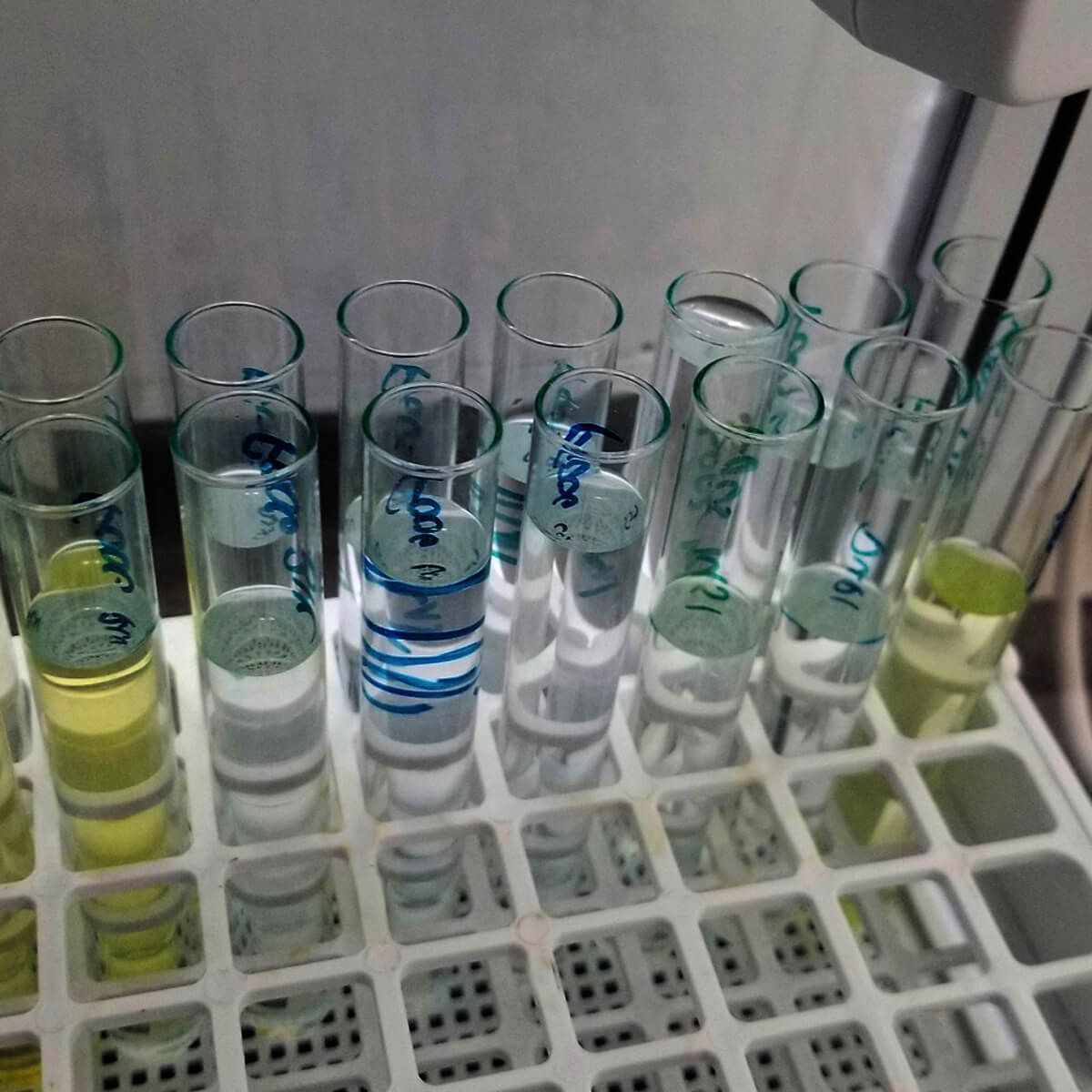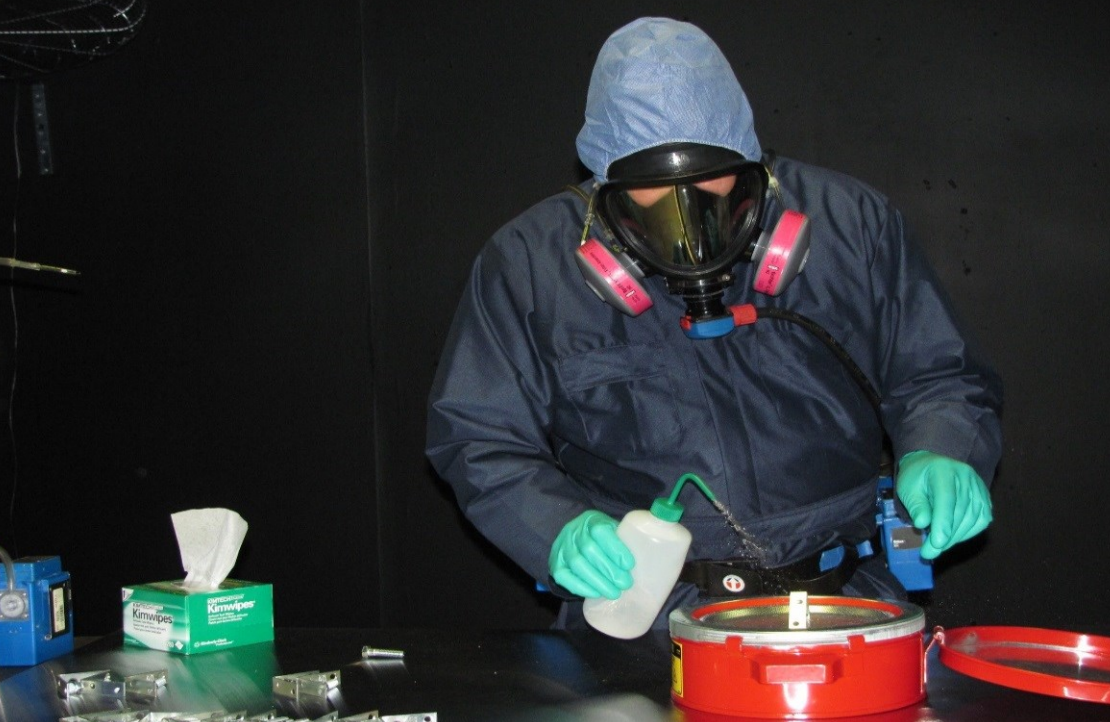Modernizing Trace Metal Testing: USP 232/233 at MAS
Ensuring Pharmaceutical Purity with Advanced Trace Metal Analysis
In the ever-evolving field of pharmaceuticals, ensuring the purity and safety of drug products is paramount. At Materials Analytical Services (MAS), we are at the forefront of this mission, leveraging cutting-edge technologies and methodologies to provide comprehensive trace metal testing. Located at 3945 Lakefield Ct, Suwanee, GA 30024, MAS is proud to announce the verification of USP 233 by ICP-MS, ready to serve the diverse needs of the pharmaceutical industry.
The Transition from USP 231 to USP 232/233
For over a century, the United States Pharmacopeia (USP) 231 was the standard for heavy metal testing in pharmaceutical samples. However, due to its limitations, it has now been replaced by USP 232 Elemental Impurities Limits and USP 233 Elemental Impurities Procedures. This transition marks a significant advancement in the industry, mandating the use of USP 233 by 2018 to enhance the accuracy and reliability of impurity testing. Learn more in our pharmaceutical testing page.
Benefits of Modern Testing Methods
Contact with manufacturing equipment, residual catalysts, and raw materials can introduce elemental impurities into drug products. The implementation of USP 232/233 redefines the testing process for these impurities. Procedures 1 and 2, integral to these standards, offer detectability, repeatability, and specificity that surpass the subjective colorimetric tests used in USP 231. Find out more about our chemical analysis.
Advanced Validation Techniques
USP 233 requires rigorous method validation, whether as a limit test or a quantitative test. Limit tests focus on precision, while quantitative validation demands accuracy at 50%, 100%, and 150%. Techniques such as ICP-OES and ICP-MS provide superior analytical capabilities, with ICP-MS measuring mass fragments to a higher degree of precision.
The Need for Change
The presence of impurities can cause toxicity, unwanted side effects, and impact drug stability. USP 232/233 address these issues by providing a modernized approach to testing. These new methods enable pharmaceutical labs worldwide to update their techniques and instrumentation, ensuring complete digestion and retention of volatile elements through methods like closed vessel microwave digestion.
The Agilent 7500 ICP-MS at MAS
MAS utilizes the Agilent 7500 ICP-MS, a state-of-the-art instrument that offers high-temperature ICP sources coupled with mass spectrometry. This technology excels in handling both simple and complex matrices with minimal matrix interferences, making it an ideal choice for trace metal analysis.
Embracing the Future of Pharmaceutical Testing
With the support and collaboration of the FDA and the pharmaceutical industry, USP has made significant strides in updating outdated methodologies. These advancements underscore the importance of modern, accurate testing procedures in safeguarding the quality and safety of pharmaceuticals.
Incorporating the same level of precision as in our trace metal testing, the HITACHI FE-SEM SU 8230 is pivotal in advancing materials research, offering breakthrough imaging capabilities that elevate our understanding in key industries.
The HITACHI FE-SEM SU 8230 is a state-of-the-art microscope that excels in detailed imaging, utilizing enhanced brightness and high spatial resolution to provide unparalleled insights into material structures in industries like biotechnology and semiconductors. This technology sets new standards, pushing the boundaries of analytical capabilities.
Visit MAS for Advanced Trace Metal Testing
At MAS, we are committed to providing top-tier analytical services. Visit us at 3945 Lakefield Ct, Suwanee, GA 30024, or contact us at 770-866-3200 to learn more about our capabilities in trace metal testing and how we can assist your pharmaceutical needs.
Click here to see the original PDF file
Resources
QUICK LINKS
CONTACT
© 2024 Materials Analytical Services, LLC. All rights reserved.
















